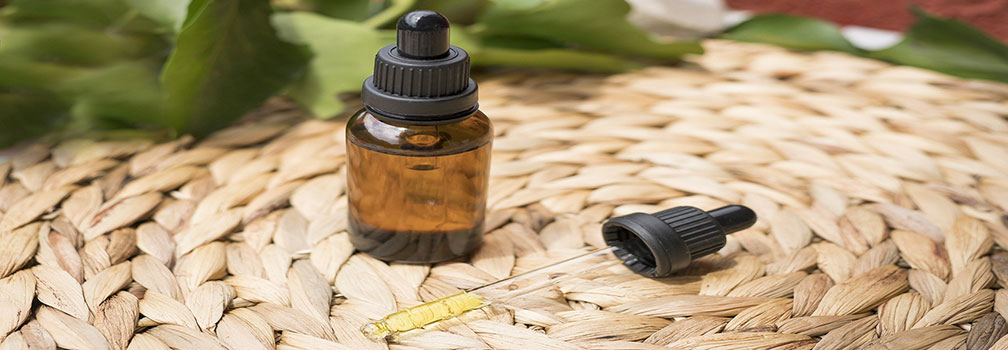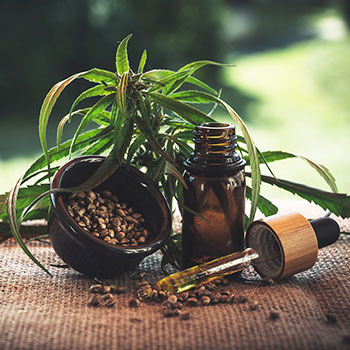
Public health authorities are on their toes in dealing with opioid addiction. But still, the opioid epidemic remains a major crisis in the United States. The death toll is still at a steady climb. With over 70,000 deaths in 2019 alone, current measures in place to dampen the opioid crisis are not enough. The death toll is estimated at 200 per day. Desperate for a solution, some policymakers are now looking for a different solution in the form of medical cannabis. So, can cannabis aid in solving the opioid crisis?
How Effective is Cannabis?

A study published in May 2018 in the journal JAMA Internal Medicine looked into how legalizing marijuana can affect the usage rate of opioids. Results from the study point out that pharmacies fill far fewer opioid prescriptions when cannabis was legalized. With legal cannabis, states fill almost 3.75 million fewer opioid prescriptions compared to states where cannabis is illegal.
Emerging evidence and reports show that medical cannabis is effective in dealing with the dependence caused by opioids. Reportedly, the states which have legalized access to medical cannabis have shown a reduction in deaths by opioids overdose. Medical marijuana has also been an effective alternative for opioids in the treatment of long-term chronic pain. Whether cannabis can become a viable treatment for opioid use disorder however warrants further studies.
One study however shows that Medical Marijuana can help reduce opioid usage by as much as 64%. The survey-based study published in June 2016 in the Journal of Pain examined the effects of medical cannabis on opioid-dependent patients having chronic pains. Apart from reduced opioid usage, patients also reported decreased number and side effects from their opioid medications as well as an improved quality of life.
State Laws and Legalizing Cannabis
While there is much evidence that medical cannabis can help alleviate the opioid crisis, many states still do not approve of it. More than 36 states in the USA have partially or fully approved medical marijuana, where three states, New Mexico, Virginia, and South Dakota passed legalization in recent months.
The wave of legalization started in mid-2012 and has mostly been driven by coastline states. More states joined in the following years as about two-thirds of American youth voted to support the legalization of cannabis according to a 2019 survey by the Pew Research Center.
States tend to set their regulations regarding the legalization of marijuana use the amount each person is allowed to procure. However, at the federal level, the Drug Enforcement Agency (DEA) still classifies marijuana as a Schedule I drug. This means that the drug has a high potential for abuse and is of no use in medical treatments. Though access to cannabis is mostly legalized, there is a further need to ease federal restrictions on cannabis. If a more effective treatment is available, people should not have to rely solely on locking medication bags.
Nineteen states have legalized marijuana for recreational use as of June 2021. Other states permitted marijuana for medical use only. Meanwhile, 10.1 million people aged 12 and older have reported having misused opioids in 2019. This number can be lowered if cannabis is not being demonized.
Conclusion
There is ample evidence to support the claim that cannabis can aid in solving the opioid crisis. Should further studies be done to answer the question: can cannabis aid in solving the opioid crisis? Definitely. Cannabis is not addictive. Opioids are. Cannabis can help in pain management without the addictive properties. It is high time politicians stop demonizing a mostly harmless substance for the betterment of the general populace.
